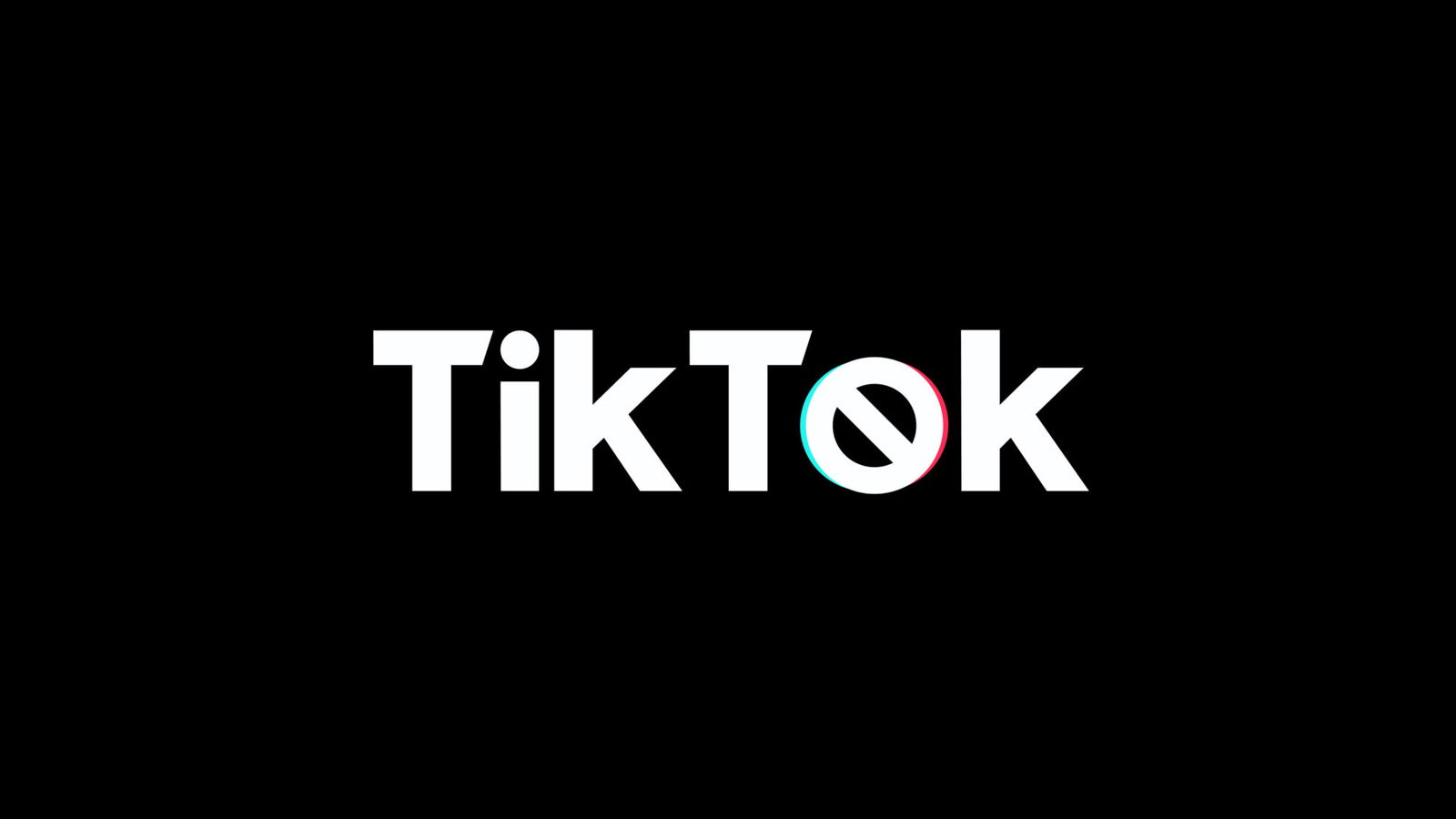
By Gavin Boyle
Experts are warning parents about the new TikTok trend ‘SkinnyTok’ which is promoting unhealthy eating and lifestyle habits to attain dangerously skinny bodies.
“A lot of the TikTok influencers using that hashtag are pushing messages such as just eat less, don’t treat yourself and have more control,” said Rachel Goldberg, a psychotherapist that specializes in treating eating disorders. “Underneath it all, the message is: this is completely in your control. And if you’re not thin, it’s your own fault.”
“When people see the impossible goals set by #SkinnyTok videos that they believe they cannot reach, it makes them feel inadequate,” added Heather Rosen, the director of the eating disorders program at Psychology Partners Group. “[Examples of content include] the words, ‘Skinny is a lifestyle, not a diet,’ frequently accompany ‘Unhinged Skinny Advice’ and mocking jokes such as, ‘I’ll start tomorrow – yeah, sure thing, fatty.’ It’s pretty harsh.”
@tonewmil Using Tone AI app for my workouts ⭐️#skinnytok #pilatestiktok #pilates #pilatesresults #fyp
While a balanced diet and health eating is important for a healthy life, eating disorders are never a part of the equation for living healthily. Not only do they wreak havoc on the body, but they also poison the mind as those who face them always find fault in themselves, face low self-esteem and often develop other mental health illnesses like severe depression or suicidal thoughts.
The proliferation of these dangerous messages on social media is nothing new and is largely to blame for the mental health crisis that is plaguing the nation, especially among young people. The impact that impossible standards set on social media have on younger brains was considered last summer when U.S. Surgeon General Vivek Murthy called for a Surgeon General’s Warning to be placed on social media.
Related: Why More and More People Are Staying Off ‘Toxic’ Social Media
“One of the most important lessons I learned in medical school was that in an emergency, you don’t have the luxury to wait for perfect information,” Murthy wrote in a NY Times article explaining why he called for the warning. “You assess the available facts, you use your best judgment, and you act quickly. The mental health crisis among young people is an emergency — and social media has emerged as an important contributor.”
Many other experts agreed with Murthy’s sentiment and supported enacting the warning to jumpstart change. At same time, state legislators were quick to enact new laws to stem social media’s hold on young users.
“The Surgeon General is identifying something that he sees as a challenge to the health of the public and thinking about ways to act to mitigate the challenge,” said Dr. Sandro Galea. “Through that lens, I think he’s doing exactly what a surgeon general should do. Public health action, not infrequently, has to happen absent complete or perfect data.”
While this warning has yet to be enacted — as it requires the approval of Congress — parents should remain aware of the trends occurring across social media, especially when they pose a real threat to their kids. #SkinnyTok is yet another one of these trends which parents need to take action to protect their children from.
Read Next: Florida Lawmakers Might Ban Kids Under 16 From Social Media



 - Content:
- Content: 

